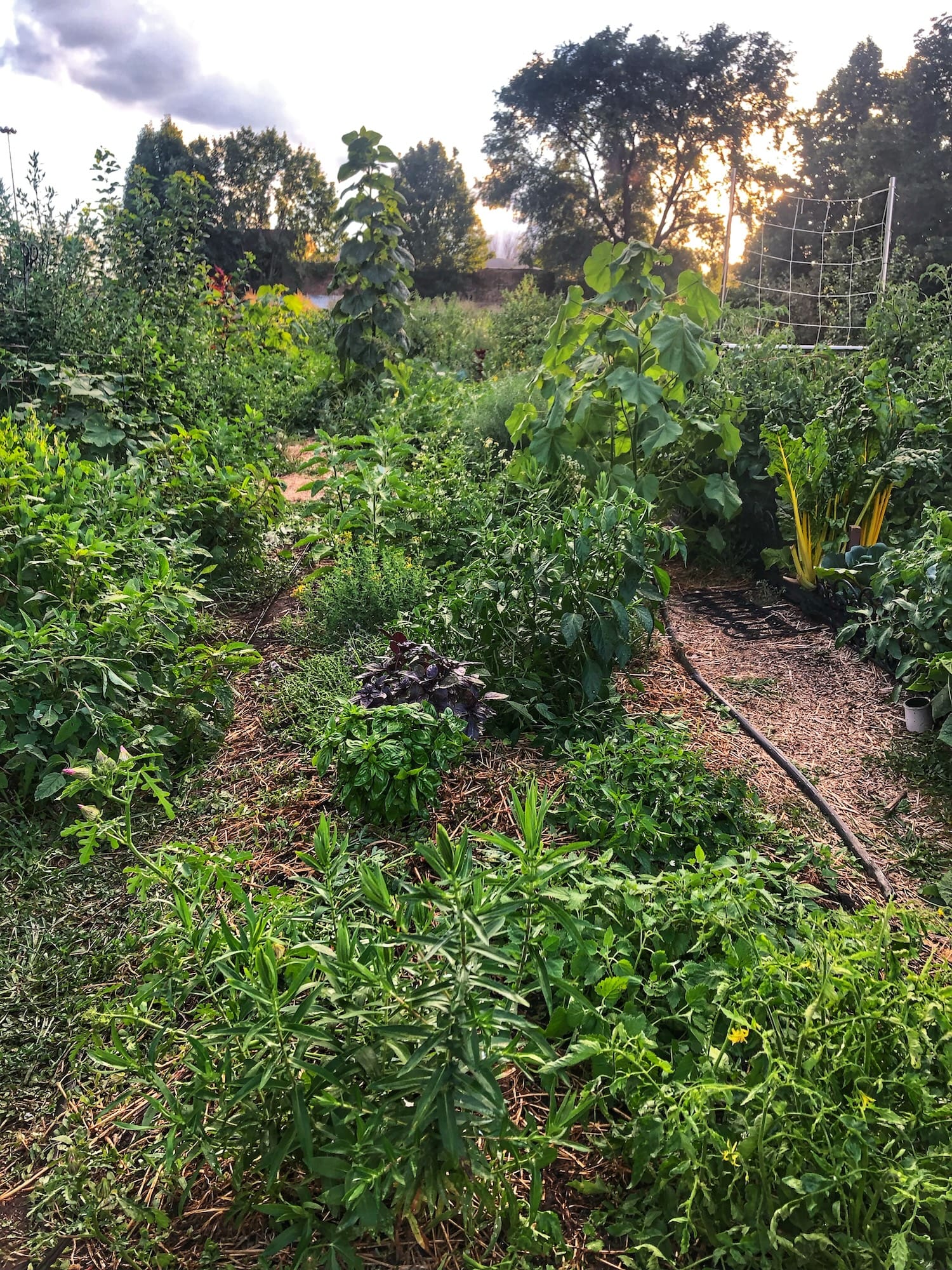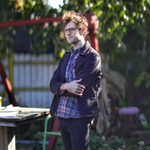Plant Blindness and 'The Green Wall'

The other day I was pointing out a plant to an acquaintance of mine (as I tend to do) and they responded by saying they're ‘plant blind’ – as in, can't tell one plant from another for the life of 'em.
Many herbalists refer to this quality as seeing only 'The Green Wall' when we go out on a walk in the woods, the antidote of which is simply taking notice of the plants around us to 'break through' the Green Wall.
There was a time when I was plant blind too, and honestly, I'm glad I was, because now it's easier for me to empathize with many of my fellow city dwellers who see trees as trees and plants as weeds.
I recall Robin Wall Kimmerer wondering in her book Braiding Sweetgrass about what it must be like to be ‘plant blind’:
“I'm trying to imagine what it would be like going through life not knowing the names of the plants and animals around you. Given who I am and what I do, I can't know what that's like, but I think it would be a little scary and disorienting–like being lost in a foreign city where you can't read the street signs.”
It is scary and disorienting, but I think in a very unconscious way. Like the sweet span of ignorant bliss you might experience before you realize you're lost. In that space we are unaware that there is something this whole time that we've been missing, because we've been too busy focusing on other things… like, you know, the grind of everyday life.
But there's something very profound that happens when we remove our plant blinders and start to really pay attention. Because the kind of attention the more-than-human realm asks of us is a subtle kind of attention, one that shifts us away from the linear mentality our culture engenders.
We start to see patterns, forms, expressions, and ways of being that challenge our ideas of what it means to live and be in the world.
We begin to see reciprocity more than competition. Superfluous flourishes more than drab utility.
Looking with deep attention toward the smallest tendrils on a climbing vine or the pistils and stamens of a blooming flower, our perception seems to expand to depths we had never before imagined.
We could even speculate that as we begin to look deeply at plants and mushrooms, we will likely be redirecting and forging new neural pathways that will support our learning and mental well-being in the long run.
Later, I found myself caught in an instagram scroll pit, and the feed recommended a few posts offering the ‘best prompts’ for ‘AI to improve your learning’, and AI apps selling themselves as apps "like Social Media but for Botany Learners" – with a picture of a plant as marketing and mislabeling the part of the plant entirely... yikes! Now there are even entire foraging books written by AI and sold as if written by an actual herbalist, which is dangerous to say the least.
Of course, I'm an AI skeptic, but also deeply curious about the social implications, so I tend to read a lot of posts related to AI (which the algorithm perceives as engagement, and alas, goes on to feed me more AI content).
With each prompt, as cool and thought provoking as they are, I can't help but feel that something is off. Because learning is an embodied activity. To deeply integrate knowledge, one must be present, with their senses open and engaged. One must be in a state of aesthetic reciprocity with their surroundings, offering attention where attention is due. This is simply not the kind of learning generative AI can support us with.
I see our dominant culture continuing to disconnect and move more and more towards abstract realms. While I don't doubt that AI and augmented/virtual reality can be helpful tools in navigating the world we live in, they can only provide so much in terms of learning. If we want real human growth and to remember our deep connection with earth, we will have to be with the earth, and learn directly from the earth, with the most ancient and wonderful ‘technology’ we know: our bodies and the senses.
Sure, we can entertain all that this new tech has to offer, and we can make sure we are tending to what needs tended to in our day-to-day… but we don't have to let this blind us to our surroundings, to the very earth that sustains us. Now is the time to redirect our attention back to the place we call home, the land we grow out of… and it all starts with stepping outside and looking deeply at the first plant you find.
If you want some great opportunities to look deeply at plants, check out our plant walk and workshop offerings coming up in Chicago!



Member discussion